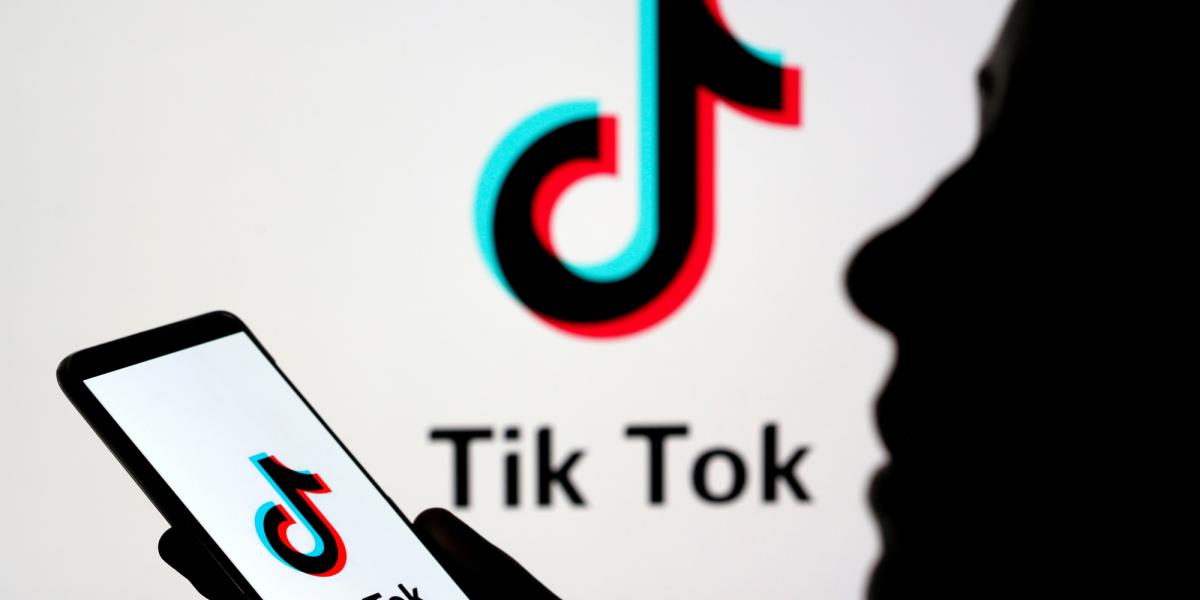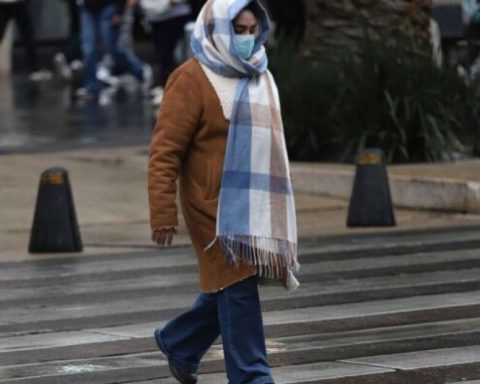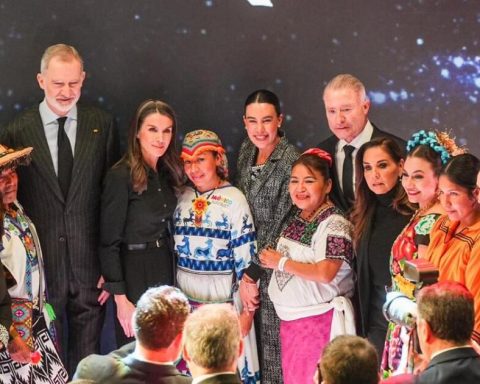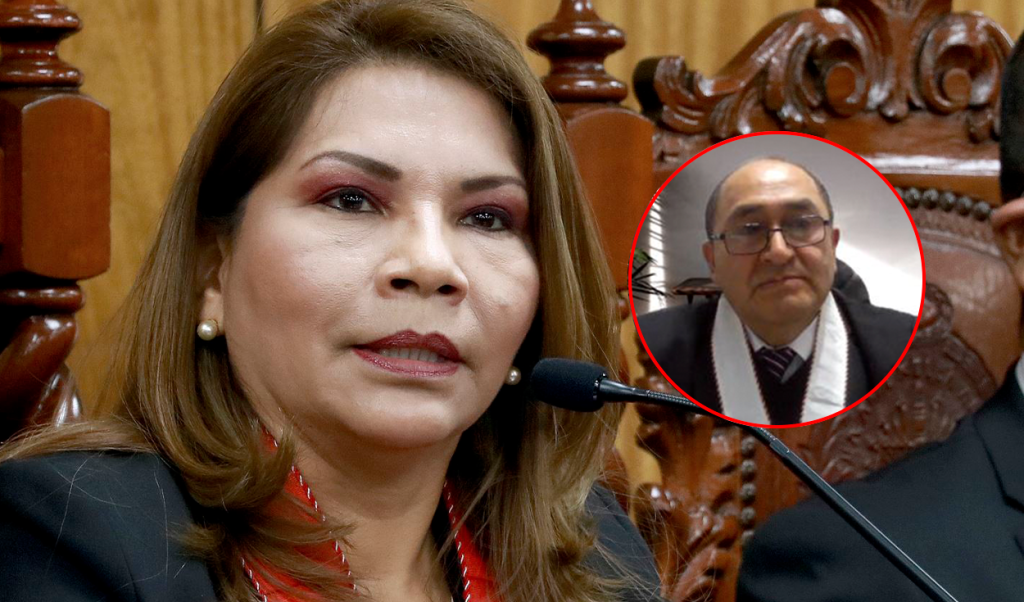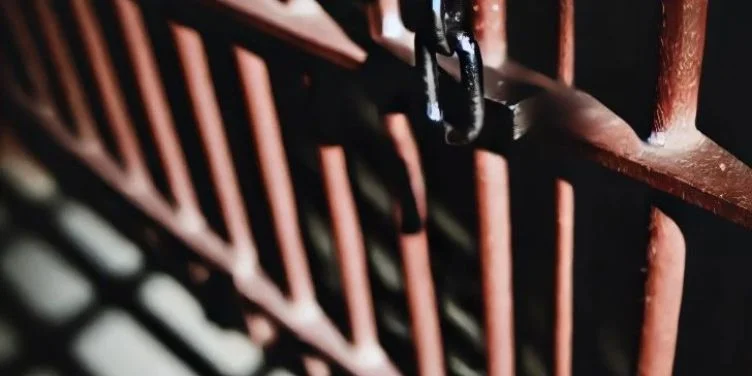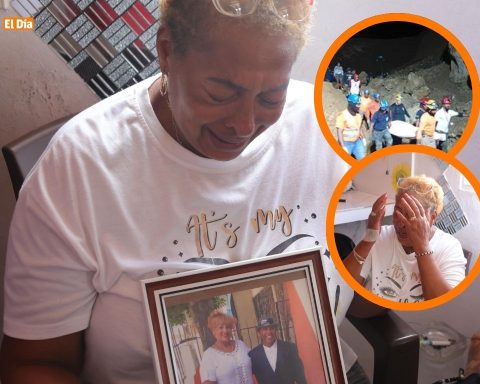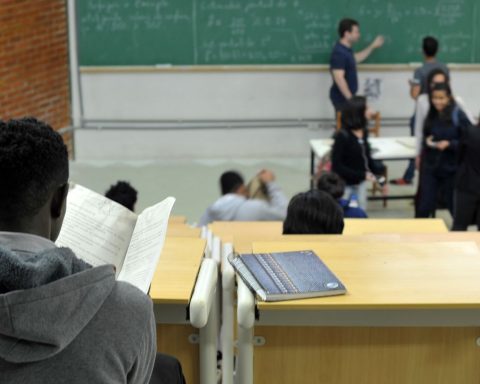The social network TikTok is laying off hundreds of employees across its global workforce, including a large number of staff in Malaysia, the company said Friday, as it shifts its focus toward greater use of artificial intelligence (AI) in content moderation.
Two sources familiar with the matter previously told Reuters that More than 700 jobs had been cut in Malaysia. TikTok, owned by China ByteDancelater clarified that less than 500 employees in the country were affected.
The employees, most of whom participated in the company’s content moderation operationswere informed of their dismissal by email late Wednesday, said the sources, who requested anonymity because they were not authorized to speak to the media.
In response to questions from Reuters, TikTok confirmed the layoffs and said several hundred workers were expected to be affected globally as part of a broader plan to improve its moderation operations.
TikTok uses a combination of auto-detection and human moderators to review content posted on the site.
ByteDance has more than 110,000 employees in more than 200 cities around the world, according to the company’s website.
According to one of the sources consulted, the technology company plans to make more staff cuts next month to consolidate some of its regional operations.
“We are making these changes as part of our ongoing efforts to further strengthen our global operating model for content moderation,” a TikTok spokesperson said in a statement.
The company expects to invest $2 billion globally in trust and security this year and will continue to improve efficiency, with 80% of content that violates guidelines now removed by automated technologies, the spokesperson said.
The layoffs were first reported on Thursday by the business portal The Malaysian Reserve.
The job cuts come as global tech companies face increased regulatory pressure in Malaysia, where the government has asked social media operators to apply for an operating license by January, as part of an effort to combat cybercrime.
Malaysia reported at the beginning of the year a sharp increase in harmful content on social networks and urged companies, including TikTok, to intensify surveillance on their platforms.
